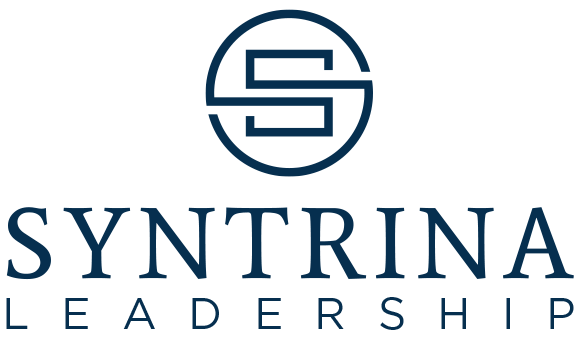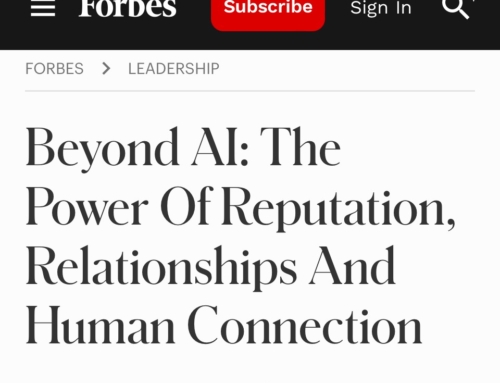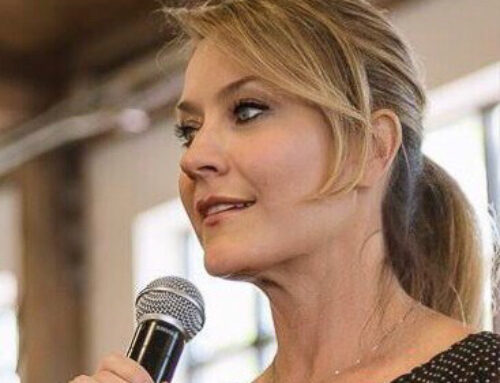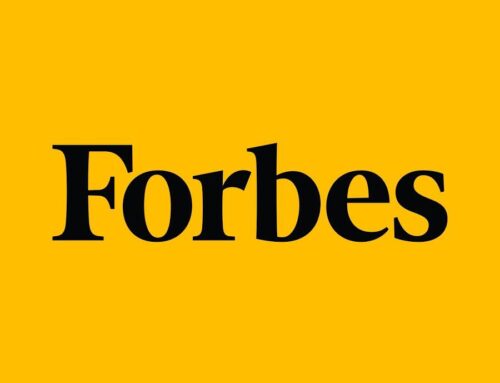The tragic loss of Brian Thompson—CEO, father, husband, and human being—has sent waves of shock and grief throughout the business community. His death is a personal tragedy for his family and loved ones, and it serves as a profound moment of reflection for leaders everywhere.
It reminds us that leadership, while essential to progress and innovation, carries an immense weight—both seen and unseen.
The Expanding Expectations of CEOs
The role of the CEO has always been demanding, but today, it exists within a far more complex and challenging landscape. CEOs are no longer tasked only with driving profitability and acting as the public face of their companies. They must also:
- Deliver consistent financial results amid market volatility.
- Navigate rapid technological advancements and societal change.
- Champion environmental, social, and governance (ESG) initiatives.
- Build trust with a skeptical public.
- Safeguard their organizations and themselves in an increasingly unpredictable world.
The Human Cost of Leadership
In my work with senior executives, I often hear about the personal toll of leadership. Many describe their roles as isolating and overwhelming, marked by relentless demands, constant scrutiny, and the erosion of privacy. Family relationships can strain under these pressures, and now, we face a stark and unsettling reality: the physical safety of leaders is at risk.
This raises a difficult question: Is leadership at the highest levels becoming untenable—not just emotionally, but physically? If so, what does this mean for those currently in these roles and those who aspire to them?
A Chilling Impact on Leadership Aspirations
I often hear aspiring leaders questioning whether or not they want the path to the C-suite. CEOs already face difficult trade-offs, including time away from loved ones, high visibility, and extraordinary pressures. The added dimension of potential physical danger could further deter top talent from pursuing these roles.
The increasing adoption of security measures, such as removing executive photos from LinkedIn, highlights this growing concern. However, these steps can also create barriers between leaders and the people they serve, potentially eroding trust and connection. Without strong, ethical leaders, organizations—and the communities they serve—may falter, threatening progress and innovation.
Redefining Leadership at the Top
The current landscape demands a reimagining of what it means to lead. Here are five shifts that can help reshape leadership for a more sustainable and impactful future:
- Greater Accountability to Stakeholders
CEOs must deepen their commitment to the people they serve—employees, customers, and communities. Ethical decision-making, transparency, and delivering on promises are no longer optional; they are central to building trust and maintaining credibility. - Balancing Transparency with Security
Leaders must prioritize safety without sacrificing connection. While protective measures are necessary, they must not isolate themselves from their stakeholders. Additionally, as artificial intelligence rapidly reshapes industries, it is vital to maintain a human touch, ensuring organizations deliver on their promises to the people they exist to serve. - Expanding the Definition of Success
Success must transcend financial metrics, but in delivering on their core mission: helping people in some meaningful way, through their products and/or services. - Strengthening Support Systems
Boards, executive teams, and advisors must see themselves the CEO key support system, accountable for navigating challenges and achieving results. By sharing responsibilities and fostering true collaboration, organizations can prevent burnout and ensure CEOs feel wholly supported rather than isolated, scared, and alone. - Fostering a Culture of Leadership at Every Level
Organizations need leaders who actively develop other leaders—individuals at every level who are empowered to speak up and ensure the organization delivers on its promises to customers and the community. It’s worth asking: How many people must look the other way or abdicate responsibility before we realize the organization is failing to fulfill its mission? In an era where AI increasingly replaces critical human roles, fostering accountability and shared leadership is more important than ever.
A Call to Action
To CEOs: Your role has never been more complex or critical. Yet, your ability to lead with integrity, courage, and vision can profoundly shape the future. Lean on your board, advisors, executive team, coaches, and family to sustain you in this vital work.
To the public: Let us recognize and honor the humanity of our leaders. While we must hold them accountable, we must also support and appreciate the weight they carry. We must help them by leading up, down, and across our organizations. We are all leaders and we have a role to play in ensure success for those we exist to serve.
Moving Forward
As we navigate these uncertain times, with vast technological change, let us work toward a future where it is no longer lonely at the top. Let us see our role in supporting our boss, peers and direct reports to succeed. Let us focus on being deeply human—to serve not just shareholders but what we all care most about: a better quality of life for everyone.






